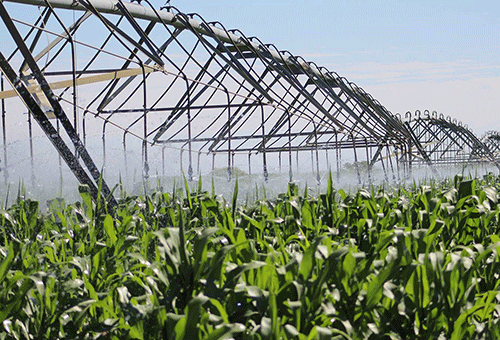The World Food Programme believes without a doubt that food security, as part of the Sustainable Development Goals is an attainable objective.
WFP Namibia’s deputy country director Ericah Shafudah said the humanitarian body would continue to save lives in emergencies and using food assistance to build a pathway to peace, stability and prosperity for people recovering from conflict, disasters and the impact of climate change.
“Partners such as MTC play a substantial role by injecting funds and resources into the economy to tackle socio-economic issues. They create livelihoods that generate economic return for those most in need, so that they can afford the basic necessities to live a dignified life,” she said.
The two organisations (MTC&WFP) yesterday penned down a partnership that will scale long-term engagements to support the Namibian public sector by facilitating the provision of digital solutions and sharing similar values and wishes to enhance the effectiveness of their development efforts.
Shafudah added: “WFP Namibia under its developmental framework, prioritising rural transformation, food systems and human capital development, looks to work with willing partners in supporting the efforts of the government to reach zero hunger, among other objectives.”
She said it is imperative to develop partnerships with like-minded institutions, adding that technology and digital transformation have become synonymous with work and life, hence WFP is constantly exploring ways to leverage technology to accelerate the drive towards food security.
MTC managing director Licky Erastus said the cooperation agreement is a vehicle to initiate and scale long-term engagements to support the Namibian public sector.
He stated this was done by facilitating the provision of digital solutions, and innovation in view of supporting the World Health Organisation’s ethos of ending hunger and mitigating climate change and socio-economic challenges.
WHO stressed governments should make food safety a public health priority, as they play a pivotal role in developing policies and regulatory frameworks and establishing and implementing effective food safety systems.
“MTC’s mission statement – ‘to create sustainable value for all our stakeholders through innovative digital solutions and a high-performance culture’ – sets the tone for the strategic partnership to collaborate in areas of mutual concern to enhance the effectiveness of the WFP’s development efforts,” he echoed.
Erastus shared the cooperation aims to improve and support programmes targeted toward food systems infrastructure, rural transformation, human capital development and digital solutions. This covers high-level initiatives, which cover the digital solutions for smallholder farmers, internship and capacity building for youth and women, mobile financial services; and precision and smart agriculture.
This cooperation agreement amplifies commitment to the World Food Programme and is focused on digital transformation and innovation over a period of five years.


